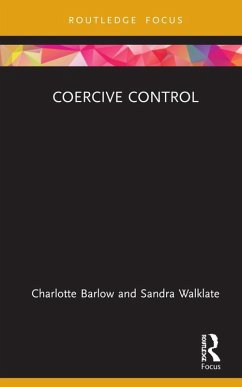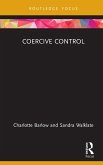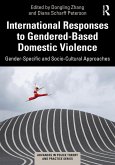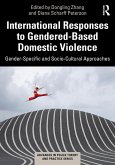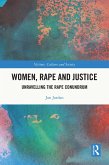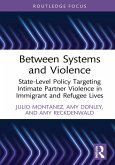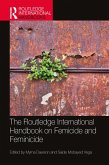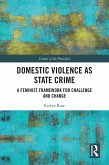Dieser Download kann aus rechtlichen Gründen nur mit Rechnungsadresse in A, B, BG, CY, CZ, D, DK, EW, E, FIN, F, GR, HR, H, IRL, I, LT, L, LR, M, NL, PL, P, R, S, SLO, SK ausgeliefert werden.
Hinweis: Dieser Artikel kann nur an eine deutsche Lieferadresse ausgeliefert werden.
Walter DeKeseredy, Director of the Research Center on Violence and Professor of Sociology, West Virginia University
While many countries have criminalised coercive control in order to combat violence against women, fewer have appraised whether such laws will work as promised. In this thoroughgoing critique, Barlow and Walklate offer a radically new perspective that explores how professional responses to victimized women expose them to further jeopardy in the criminal and family courts, child protection systems and from perpetrators themselves. Essential reading that cautions against quick fixes while advising on what needs to be done to best support those facing multiple forms of discrimination and abuse.
David Gadd, Professor of Criminology, University of Manchester
This book is a clear and lucid explanation of the concept of coercive control, as well as some of the central debates and issues thrown up by the research grappling with intimate partner violence in the law and policy context. It is essential reading for academics and policy makers working on improving our responses to intimate partner violence.
Julia Tolmie, Professor of Law, University of Auckland
Coercive control has become a buzzword in policy discussions about domestic violence in select countries. However, the term is used in ways that bear little resemblance to its empirically derived theoretical roots. Coercive Control contributes a valuable critical discussion of the development of divergent understandings of the concept and debates about the implications of transferring a theory based on research about heterosexual men's violence against women into criminal legal frameworks that are largely gender-blind.
Molly Dragiewicz, Associate Professor, Griffith University

